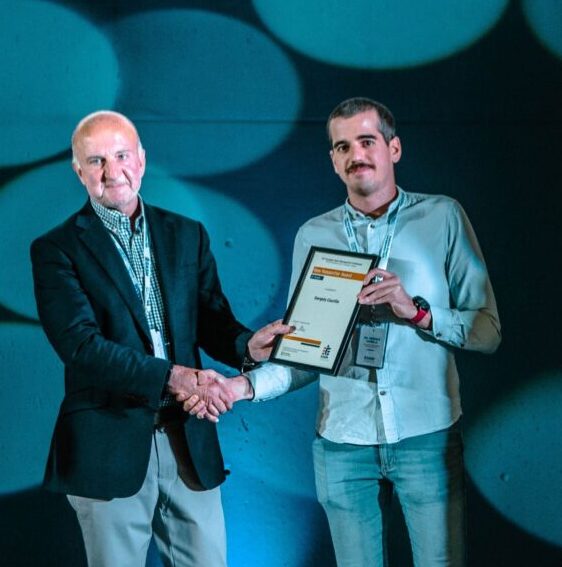Benedek Zsófia és Fertő Imre cikke a Heliyon folyóiratban

What makes a devoted local-food-buying club customer? Zsófia Benedek – Imre Fertő Heliyon Volume 10, Issue 23, December 15, 2024 Abstract Local food-buying clubs (LFBCs) are special types of consumer-driven grassroots groups that are particularly well suited to enhancing the transition to a post-growth economy, given the finite growth potential of individual communities, the tendency of groups to […]
Gáspár Attila és szerzőtársai cikke a The Journal of Economic Inequality szakfolyóiratban
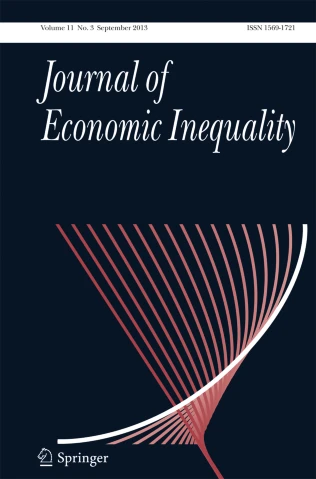
Inequality perception and preferences globally and locally – correlational evidence from a large-scale cross-country survey Attila Gáspár – Carmen Cervone – Federica Durante – Anne Maass – Caterina Suitner – Roberta Rosa Valtorta & Michela Vezzoli The Journal of Economic Inequality – Published: 17 October 2024 Abstract Using a large, representative survey involving […]
R. Maria del Rio-Chanona – Nadzeya Laurentsyeva – Johannes Wachs cikke a PNAS Nexus folyóiratban (2024)
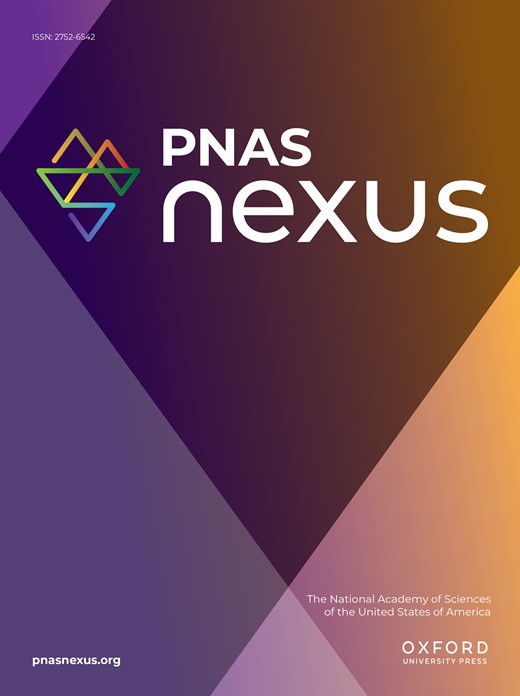
Large language models reduce public knowledge sharing on online Q&A platforms R. Maria del Rio-Chanona – Nadzeya Laurentsyeva – Johannes Wachs PNAS Nexus Volume 3. No. 9. 2024 Published: 11 September 2024 Abstract Large language models (LLMs) are a potential substitute for human-generated data and knowledge resources. This substitution, however, can present a significant problem for the training […]
Feczkó Botond – Divényi Dániel – Sleisz Ádám – Csercsik Dávid cikke a Smart Grids and Sustainable Energy (2024) folyóiratban
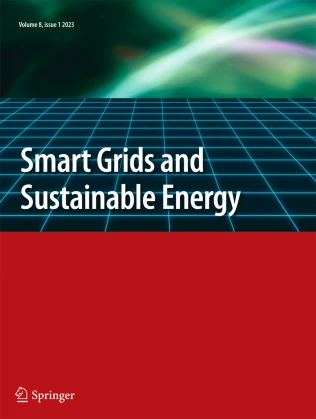
Bid-Aggregation Based Clearing of Day-Ahead Electricity Markets Botond Feczkó – Dániel Divényi – Ádám Sleisz – Dávid Csercsik Smart Grids and Sustainable Energy Vol. 9. Art. No. 36. 2024 Published: 21 September 2024 Abstract In this work we propose a heuristic clearing method for a simplified model of European day-ahead electricity auction markets, considering divisible standard bids and […]
Fertő Imre – Lekics Valéria cikke az International Journal of Wine Business Research (2024) szakfolyóiratban
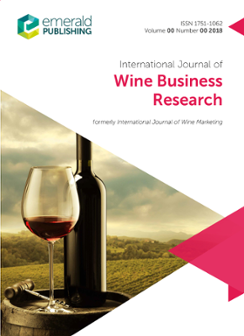
Understanding eco-innovation in the Hungarian wine sector Valéria Lekics – Imre Fertő International Journal of Wine Business Research Vol. 36. No. 4. Abstract Purpose A growing body of literature analyzes eco-innovation in the wine industry, specifically focusing on the internal and external factors that contribute to sustainable innovation in wineries. The purpose of this study is to […]
Hermann Zoltán – Horváth Hedvig – Kisfalusi Dorottya cikke az Economics of Education Review Vol. 103. (2024) számában
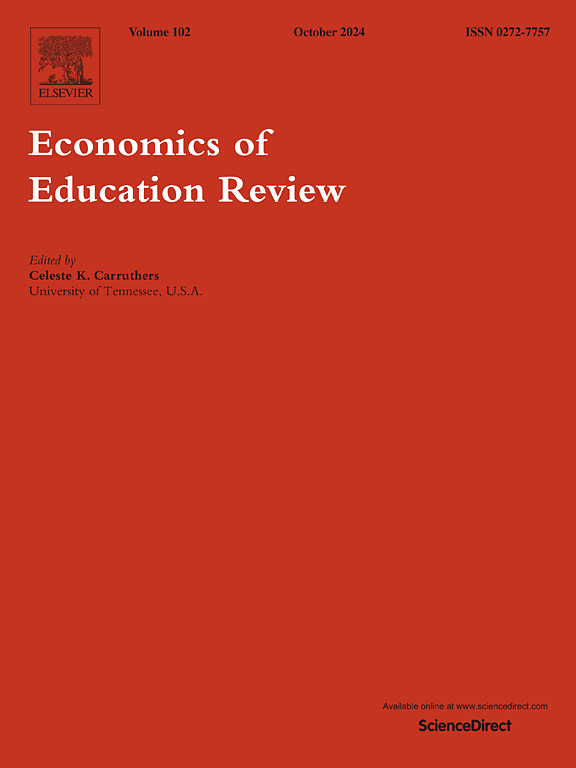
Are separate classrooms inherently unequal? The effect of within-school sorting on the socioeconomic test score gap in Hungary Zoltán Hermann – Hedvig Horváth – Dorottya Kisfalusi Economics of Education Review Vol. 103. (2024) Abstract This study investigates whether within-school sorting increases socioeconomic test score inequalities. Using universal test score data on 6th– and 8th-grade students […]
Baráth Lajos – Fertő Imre – Staniszewski, Jakub: Are technological or efficiency differences more pronounced between Hungarian and Polish poultry farms? A stochastic metafrontier analysis. Agricultural Economics (AGRICECON) Vol. 70. No. 8. (2024)
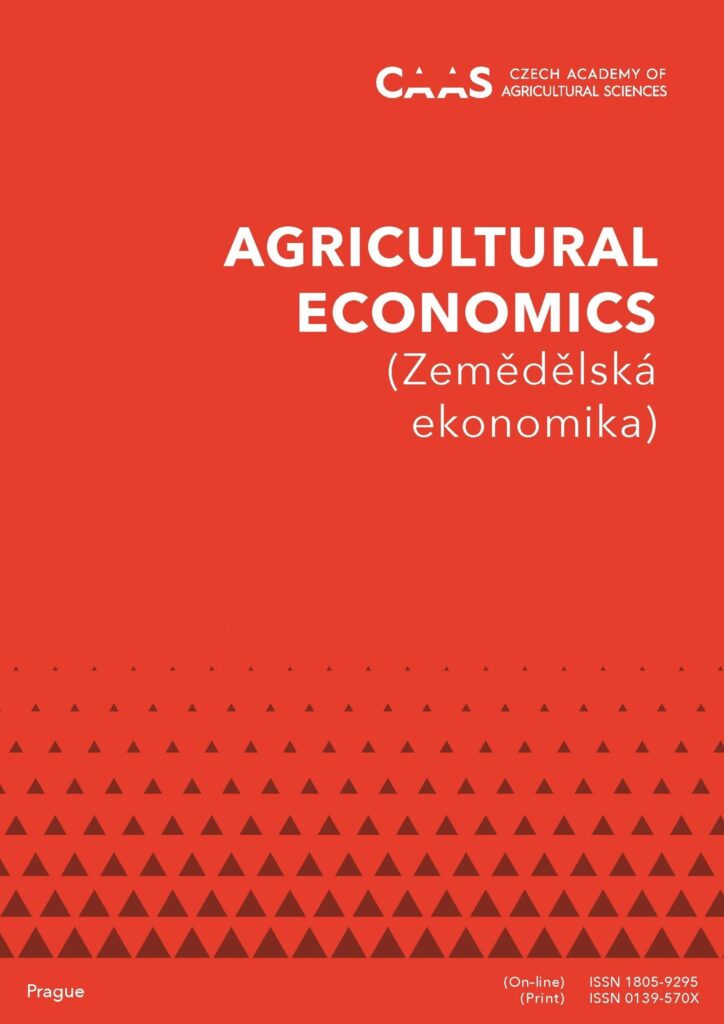
Are technological or efficiency differences more pronounced between Hungarian and Polish poultry farms? A stochastic metafrontier analysis Lajos Baráth – Imre Fertő – Jakub Staniszewski Agricultural Economics (AGRICECON) Vol. 70. No. 8. (2024) Abstract The efficiency of poultry production plays a crucial role in ensuring food security and maintaining human health sustainability. Although extensive research has been […]
Földrajzi és nemek közötti bérkülönbségek a karrierszekvenciákban
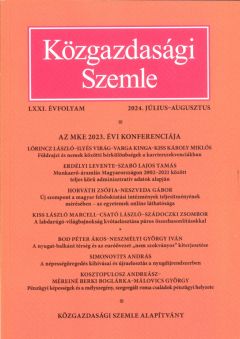
Lőrincz László – Ilyés Virág – Varga Kinga – Kiss Károly Miklós Közgazdasági Szemle, 71. évf. 7-8. sz. pp. 701-727. (2024) Számos tanulmány vizsgálja a nemek közötti bérkülönbségeket, azok összetevőit és e bérszakadék időbeli változását. A munkavállalók karrierútjukban hozott döntései – amikor foglalkozást váltanak, új iparágban helyezkednek el, vagy másik településre költöznek – alapvetően befolyásolják […]
School to Jail Transition – Early Warnings from the Primary School
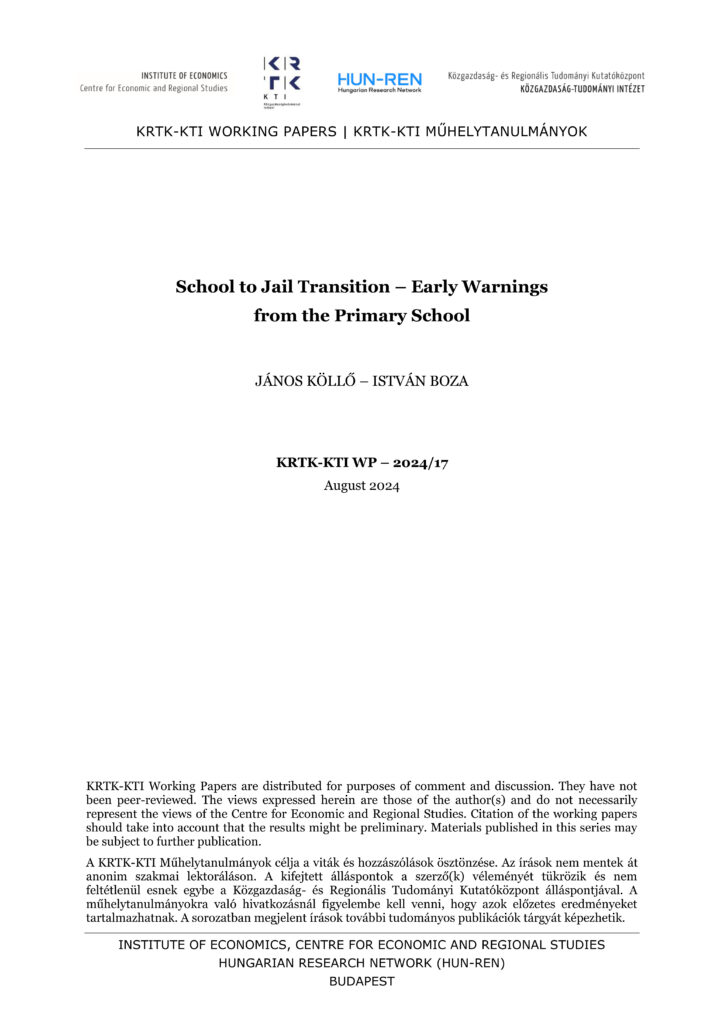
This study investigates the predictors of incarceration among a cohort of Hungarian primary school students aged 14-15, followed until they are 23-24 years old. We analyze how school quality (including mean test performance and peer characteristics), exclusionary practices, and school/student non-compliance affect the likelihood of incarceration, time spent in prison, and recidivism. Employing linear (OLS) […]
Was There a Fiscal Free Lunch in Hungary between 1999-2019?
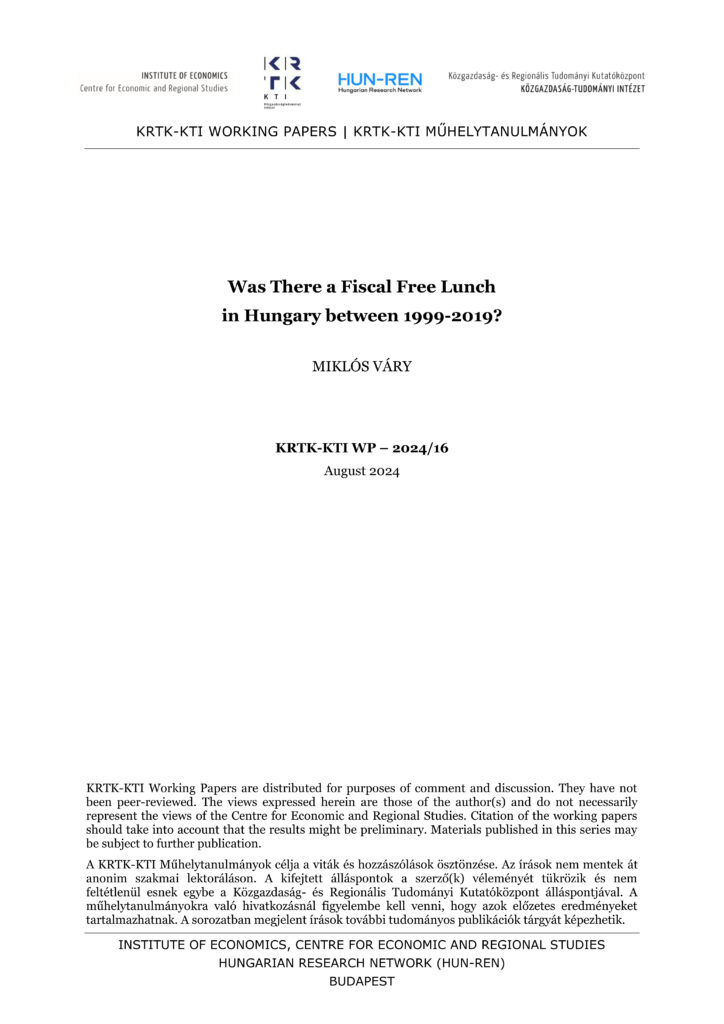
This paper investigates whether there have been time periods between 1999 and 2019 in Hungary when government spending has been self-financing, i.e., when the government has faced a fiscal free lunch. By self-financing, it is meant that government spending, initially financed by issuing bonds, does not lead to an increase in the debt-to-GDP ratio due […]
Exploring gender and geographic wage inequalities based on full career sequences
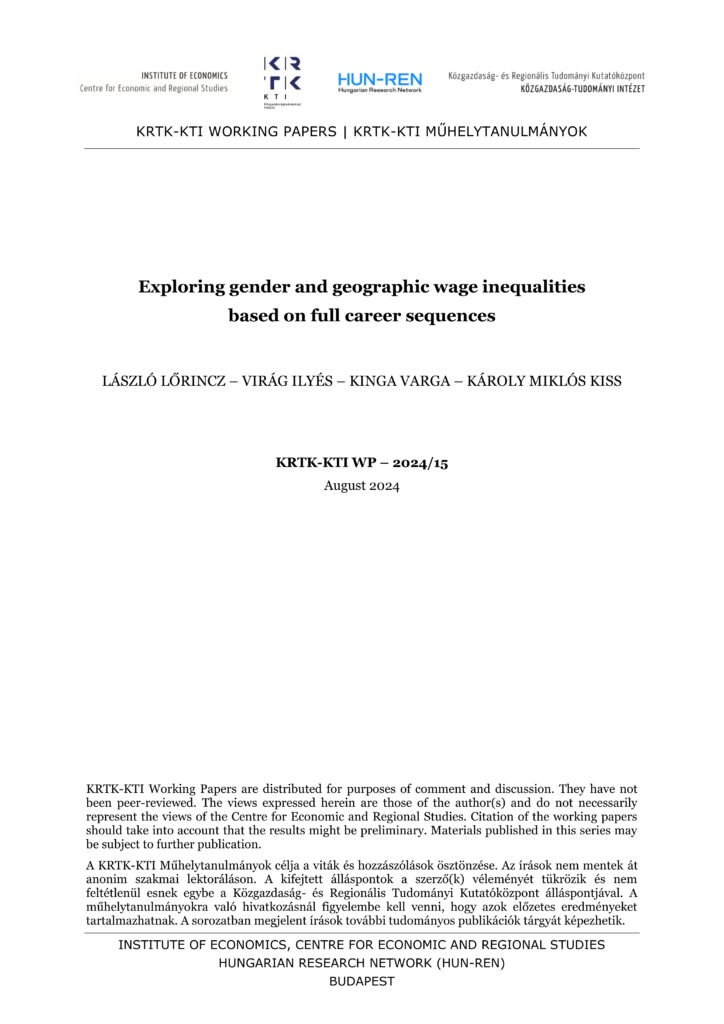
Substantive literature examined the gender wage gap, its components and how it changes over time. The decisions that workers make in their career paths when changing occupations, entering new industries or moving to another municipality, have a major impact on the evolution of their wage trajectories. Women and men follow different typical paths across industries […]
The Effect of Air Pollution on Fertility in 657 European Regions
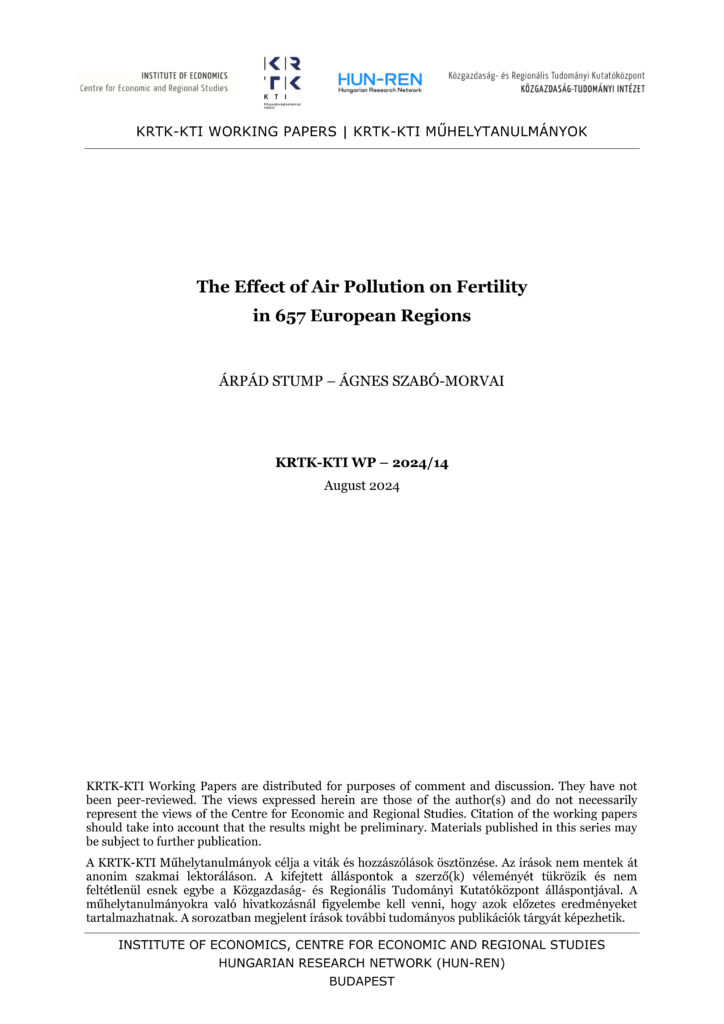
This study examines the impact of ambient air pollution on birth rates in Europe. We estimate the causal effect of air pollution on fertility by utilizing variations in wind speed and the number of heating days as instrumental variables for air quality. Our analysis encompasses 657 NUTS-3 regions, with each region having 2 to 6 […]


